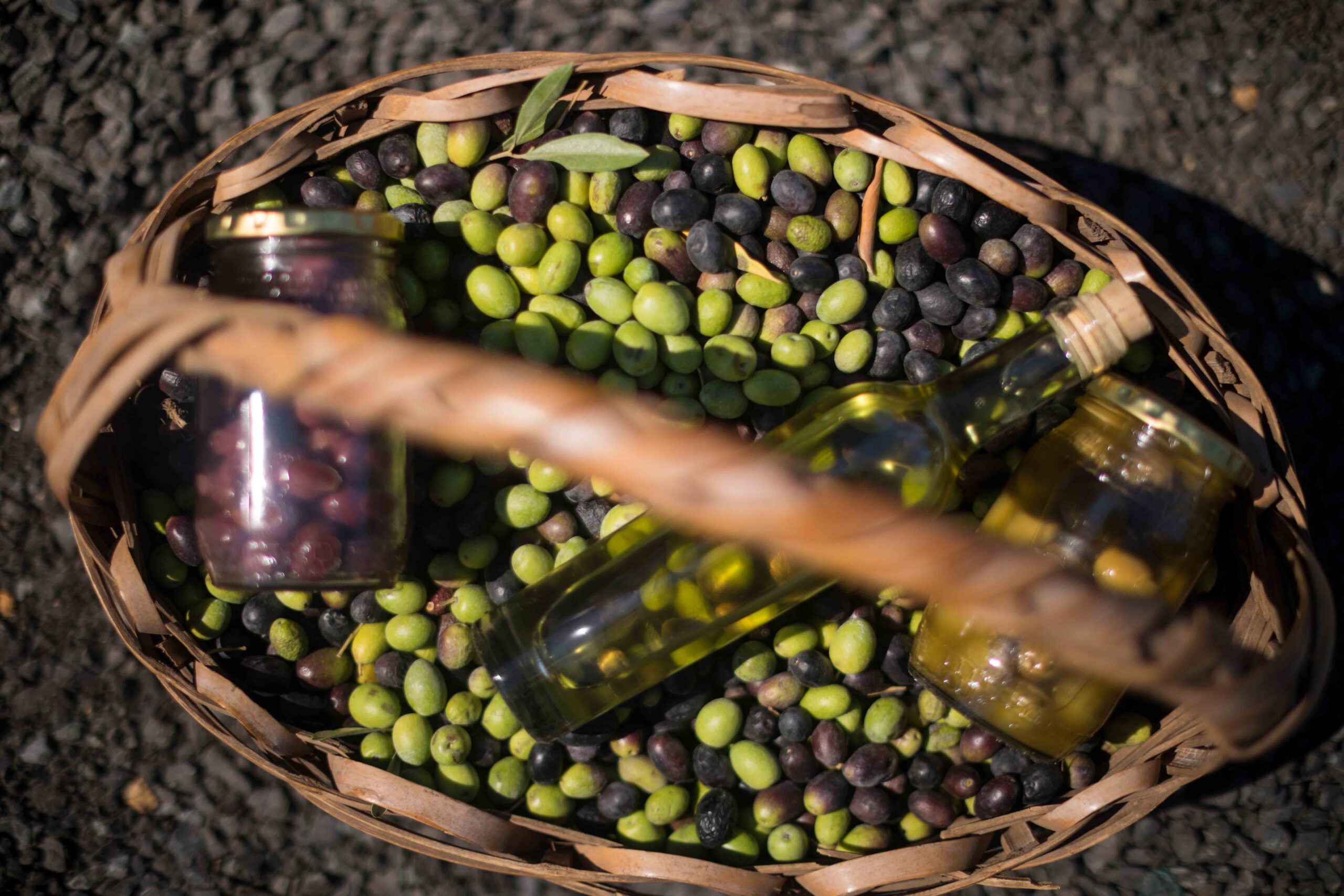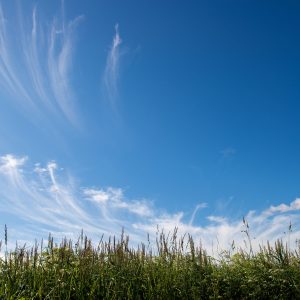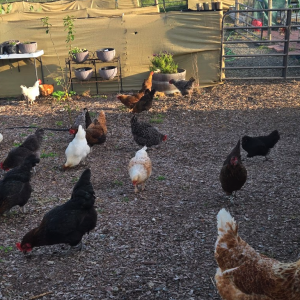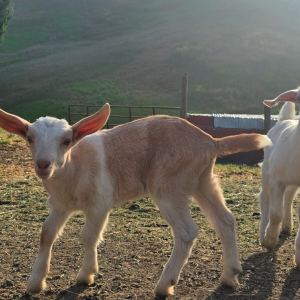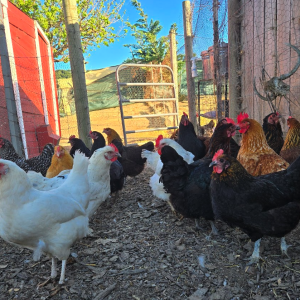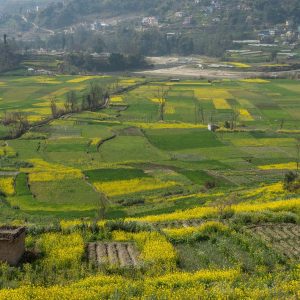Lebanon’s olive oil industry is a fascinating blend of ancient tradition, high-quality production, and deep cultural significance. Below, you’ll find detailed and specific insights into the country’s olive oil production, varieties, historical significance, and unique traditions.
1. Lebanon’s Ancient Olive Oil History
- Olive cultivation in Lebanon dates back to at least 4,000 BCE, during the time of the Phoenicians, who were instrumental in spreading olive trees to other parts of the Mediterranean, including Greece, Italy, and Spain.
- Archaeological evidence from sites like Byblos, Tyre, and Sidon confirms that the Phoenicians were exporting olive oil as early as 1,200 BCE.
- The Roman period (64 BCE – 476 AD) saw further advancements in olive oil production, with olive mills and presses discovered in places like Anjar and Beqaa Valley.
2. The Oldest Olive Trees in Lebanon
- Some of the world’s oldest living olive trees are in Lebanon:
- Bchaaleh (Bcheale), Batroun District – Home to the famous “Sisters” olive trees, believed to be over 6,000 years old.
- Koura & Akkar – These regions contain trees over 1,500 years old, some dating back to the Byzantine era.
- Hasbaya, South Lebanon – Contains ancient olive groves that still produce high-quality oil.
These trees have survived wars, climate shifts, and natural disasters, making them living symbols of Lebanon’s resilience and heritage.
3. Lebanese Olive Oil Varieties
Lebanon grows unique indigenous olive varieties known for their distinctive taste and high oil yield:
A. Souri Olive (Surian)
- Most widely cultivated variety in Lebanon.
- Originates from the city of Tyre (Sour), hence the name “Souri”.
- Produces an oil that is rich, slightly peppery, fruity, and golden-green.
- High in polyphenols, giving it strong antioxidant properties.
- Found in North Lebanon, South Lebanon, and the Beqaa Valley.
B. Ayrouni Olive
- Grown in Akkar and North Lebanon.
- Produces a mild, slightly sweet olive oil with a buttery finish.
- Less common but highly prized by locals.
C. Baladi Olive
- A traditional variety grown mainly in Mount Lebanon and the Beqaa Valley.
- Produces a smooth, slightly bitter oil with a deep green color.
- Less commercially available but often used in home production.
4. Lebanese Olive Oil Production & Harvesting
Traditional vs. Modern Pressing
- Traditionally, olives were crushed using stone mills, and the oil was extracted via cold pressing.
- Modern mills use centrifugal extraction, improving efficiency while maintaining oil quality.
Harvesting Methods
- Harvest season is October to December.
- Hand-picking is still common to protect the olives and avoid bruising.
- Some farmers use rakes or mechanical shakers to increase yield.
Oil Extraction
- Washing & Crushing – Olives are cleaned and ground into a paste.
- Pressing – The paste is pressed to extract oil.
- Decanting – Oil is separated from water and solids.
- Bottling & Storage – Stored in stainless steel tanks or dark glass bottles to preserve freshness.
Lebanon follows strict standards for “Extra Virgin Olive Oil” (EVOO), ensuring:
- Acidity levels below 0.8%.
- Cold-pressed processing to retain nutrients and antioxidants.
5. Cultural & Culinary Importance
Olive oil is a staple in Lebanese households and is widely used in:
- Manakish za’atar (thyme flatbread with olive oil).
- Hummus & Baba Ganoush (drizzled with olive oil).
- Labneh (strained yogurt) served with olive oil and pita bread.
- Mujadara (lentils and rice dish), cooked with olive oil.
- Kibbeh Nayeh (raw meat dish), often paired with olive oil.
Traditional Saying:
“Dip your bread in olive oil and eat, and you will not fear the doctor.” – A common Lebanese proverb highlighting its health benefits.
6. Health Benefits of Lebanese Olive Oil
Lebanese olive oil is rich in monounsaturated fats and antioxidants, offering:
- Heart health – Reduces bad cholesterol (LDL) and boosts good cholesterol (HDL).
- Anti-inflammatory properties – High polyphenol content helps fight inflammation.
- Brain health – May reduce the risk of Alzheimer’s and cognitive decline.
- Digestive benefits – Helps with gut health and digestion.
7. Olive Oil-Based Products in Lebanon
Aside from culinary use, Lebanese olive oil is used for:
A. Traditional Soap Making
- The city of Tripoli is famous for its olive oil soap (Saboun Baladi).
- Made with olive oil, laurel oil, and essential oils, this soap is natural, chemical-free, and moisturizing.
B. Olive Oil Remedies
- Used in traditional medicine for skincare, haircare, and wound healing.
- Popular in home remedies for digestion and cold relief.
8. Lebanese Olive Oil Export & Global Recognition
- Lebanese olive oil has gained international acclaim, especially in:
- France, the UK, the US, and the Gulf region.
- High-end Lebanese brands compete in global olive oil competitions.
- Protected Designation of Origin (PDO) certification efforts are underway to protect the authenticity of Lebanese olive oil.
9. Challenges Facing the Olive Oil Industry
Despite its quality and rich heritage, Lebanon’s olive oil industry faces:
- Climate change & drought affecting olive yield.
- Economic crisis & political instability, leading to rising production costs.
- Competition from mass-produced oils, particularly from Spain, Greece, and Turkey.
- Limited branding & marketing efforts compared to European olive oil producers.
10. Where to Experience Olive Oil Culture in Lebanon
If you’re visiting Lebanon, here are some places to explore olive oil production:
- Bchaaleh, Batroun – Visit the 6,000-year-old olive trees.
- Koura District – Known as the “Land of Olive Trees”, with rolling hills of olive groves.
- Hasbaya & Rashaya (South Lebanon) – Authentic family-run olive oil mills.
- Beqaa Valley – A hub for organic and boutique olive oil brands.
- Tripoli – Experience traditional olive oil soap-making.
Top Lebanese Olive Oil Brands (Internationally Recognized)
- Olive Trade – Award-winning organic extra virgin olive oil.
- Bchaaleh Olive Oil – From ancient trees.
- Koura Premium Olive Oil – Famous for its high polyphenol content.
- Adon & Myrrh Olive Oil – Boutique organic olive oil.
Conclusion
Lebanese olive oil is not just a product; it is a legacy of thousands of years of tradition, craftsmanship, and culture. Whether you’re tasting it in a Lebanese dish, using it for health benefits, or visiting an ancient olive grove, it remains one of Lebanon’s most treasured natural products.

